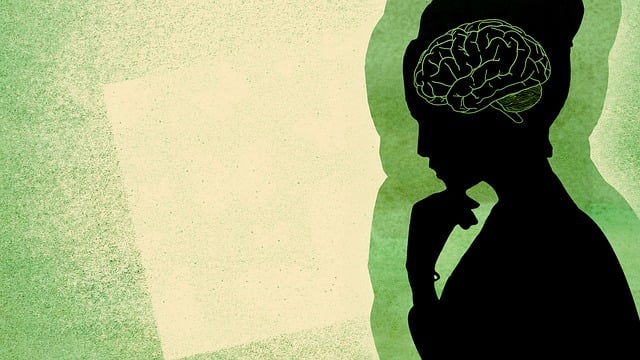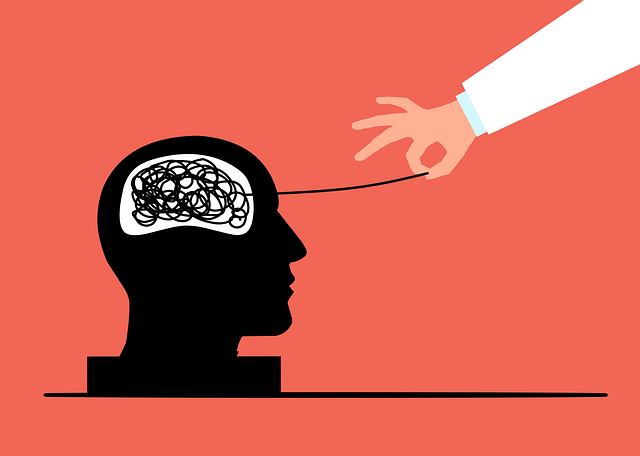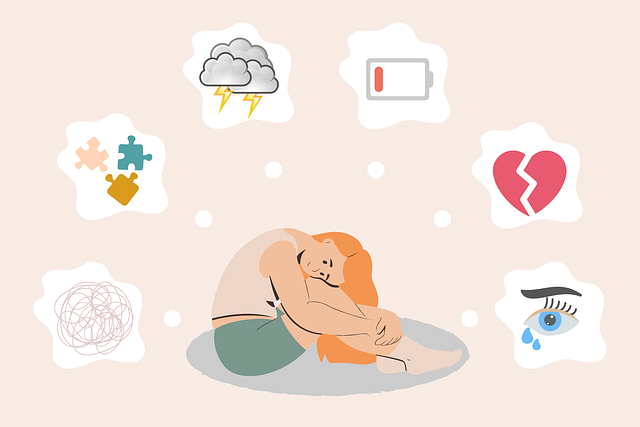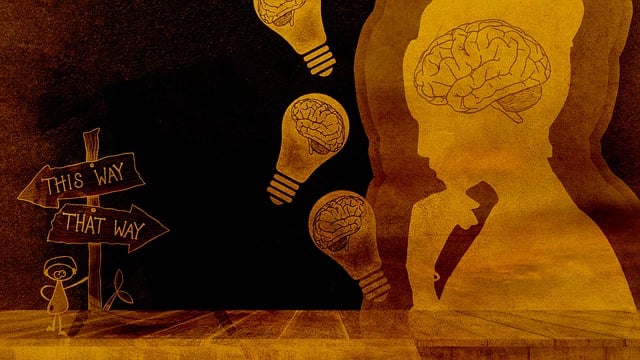Mental health diagnoses in young children require nuanced understanding due to their developing brains and distinct emotional expressions. Early recognition and tailored interventions, such as therapy including CBT and group support, are crucial for conditions like anxiety, depression, and sexual addiction. Specialized care ensures these children acquire tools to thrive and develop healthy coping mechanisms, addressing specific issues like therapy for young children with sexual addiction through comprehensive treatment plans that prevent relapse.
Mental illness diagnosis and treatment navigation can be a complex journey, especially for young people grappling with issues like sexual addiction. This article guides parents and caregivers through crucial aspects of mental health support for young children. We explore understanding mental health diagnoses early on, delving into specific therapy options tailored for sexual addiction in youth, and highlighting vital support systems and resources to ensure effective treatment. By equipping yourselves with this knowledge, you’ll be better positioned to navigate these challenges effectively.
- Understanding Mental Health Diagnoses for Young Children
- Navigating Therapy Options for Sexual Addiction in Youth
- Support Systems and Resources for Effective Treatment
Understanding Mental Health Diagnoses for Young Children

Mental health diagnoses in young children can be complex due to their developing brains and unique emotional expressions. Recognizing and understanding these conditions early is vital for effective treatment navigation. Many mental health challenges manifest during childhood, such as anxiety, depression, and even more specialized issues like sexual addiction. These disorders often require tailored interventions to foster healthy development.
Therapy plays a pivotal role in addressing these concerns, offering young children and their families support through evidence-based practices. Self-awareness exercises can help youngsters understand their emotions and triggers, while emotional healing processes focus on addressing past traumas. Additionally, coping skills development is essential for managing symptoms and promoting resilience. Navigating these diagnosises with specialized care ensures that young individuals receive the necessary tools to thrive and develop healthy coping mechanisms.
Navigating Therapy Options for Sexual Addiction in Youth

Navigating therapy options for sexual addiction in youth is a complex process that requires specialized care and support. Many young individuals struggling with this issue may exhibit behaviors that are not immediately recognizable as indicative of sexual addiction, making early intervention crucial. The first step involves thorough assessment by mental health professionals who can identify underlying causes, such as trauma or peer pressure, and differentiate these from typical adolescent risk-taking behaviors. This assessment paves the way for tailored treatment plans focusing on both the addiction itself and any co-occurring conditions.
One effective approach is integrating evidence-based therapies like Cognitive Behavioral Therapy (CBT) to enhance self-awareness exercises and address unhealthy thought patterns. Group therapy sessions can foster a supportive environment, encouraging open dialogue and promoting peer accountability. Additionally, stress reduction methods and self-care practices are integral components of comprehensive treatment, teaching young individuals healthy coping mechanisms to manage triggers and prevent relapse.
Support Systems and Resources for Effective Treatment

Navigating mental illness can be daunting, but robust support systems and resources play a pivotal role in effective treatment. For young children, early intervention is crucial, offering therapies tailored to their developmental stage. Play therapy, for instance, utilizes games and imaginative play to help kids express emotions and work through traumatic experiences. This approach not only addresses immediate mental health concerns but also fosters emotional intelligence and self-awareness exercises that can serve them well into adulthood.
Beyond traditional therapy, support groups led by professionals or peer mentors provide a safe space for sharing experiences, reducing feelings of isolation, and offering practical advice. Online platforms and mobile apps dedicated to mental health are also valuable resources, offering tools for tracking moods, managing stress, and accessing informative content on various conditions. For those struggling with sexual addiction, specialized therapy programs focus on addressing underlying issues, promoting self-awareness, and developing coping strategies to prevent depression and relapse.
Mental illness diagnosis and treatment can be complex, especially for young individuals struggling with sexual addiction. By understanding specific diagnoses early on, such as those related to children, and accessing appropriate therapy options like specialized treatments for sexual addiction in youth, we can foster better outcomes. Support systems, including community resources and parental involvement, play a crucial role in ensuring these young people receive the care they need. Navigating these services effectively empowers individuals to overcome challenges and lead fulfilling lives.













